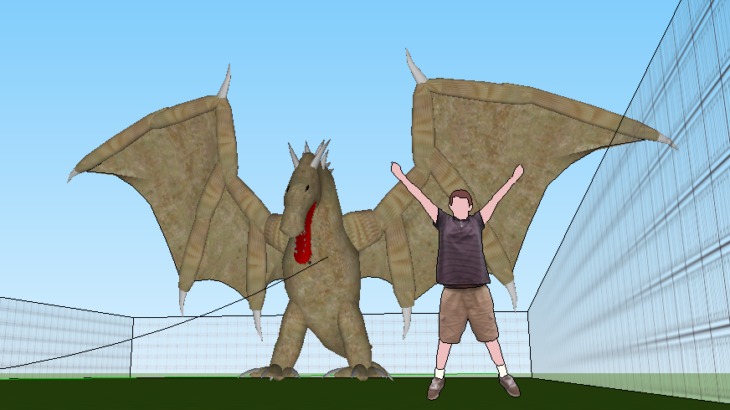A team of University of Utah researchers and their startup company, NeuroVersity, are partnering with organizations in Longmont, Colorado, and Salt Lake City to offer two new summer camps to teach computer skills to students with autism. Students will learn 3-D modeling skills to help them develop confidence and jobs skills for potential internships and job opportunities.
The researchers behind NeuroVersity are Cheryl Wright, a professor of family and consumer studies, and Scott Wright, a professor of nursing. They launched NeuroVersity in 2013 with help from the U’s Lassonde Entrepreneur Institute, a division of the David Eccles School of Business, and have been working since then to refine their methods and build partnerships.
“One of the keys to the quality of life for individuals with autism is meaningful employment,” Scott Wright said. “NeuroVersity strives to build bridges in competency, social skills and vocational readiness in the transition to adulthood years.”
The first summer camp will be in Longmont, June 20 to July 1 from 9 a.m. to noon daily at the Front Range Community College-Boulder County. The community is invited to come see the program in action and to see the students present their design work. The Autism Society of Boulder County has provided student scholarship support. Trimble, an international provider of advanced location-based technology and the provider of the 3-D-modeling software used by NeuroVersity, has provided several local software experts to support the program’s learning goals.
The second summer camp will be in Salt Lake City, July 11 to July 22 from 9 a.m. to noon daily at the Columbus Community Center.
NeuroVersity is an educational program that focuses on the development of 3-D modeling skills for students with autism. The target age range is 12-22. The social mission of this program addresses the high rates of unemployment for individuals with autism, which represent one of the highest rates of all disability groups. Many individuals with autism do not have an intellectual disability but may have communication and social interaction challenges that make getting and keeping a job difficult.
“Many with autism are unemployed or underemployed in low-skill jobs that do not match their skill and ability,” Scott Wright added. “NeuroVersity uses technology as a platform for students to demonstrate their potential to employers who are willing to see ability versus deficits.”
The program is strength-based and, through the involvement of family, community and business partners, it has documented positive student outcomes – such as skill development, social engagement, vocational readiness and internship preparation. NeuroVersity is based in Salt Lake City, has origins in Boulder, Colorado, and has served students in Salt Lake City; Orlando, Florida; The Dalles, Oregon; and Cape Town, South Africa.
NeuroVersity uses the software SketchUp, and the curriculum focuses on career exploration in 3-D design in a variety of careers, including architecture, engineering, urban planning, game design, film and stage, interior design and landscaping. While some companies are starting to recognize the unique talents of individuals with autism, the NeuroVersity program is designed to enhance the visual-spatial abilities in students with autism during the critical transition years to adulthood. The program’s goal is to create opportunities for potential internships and meaningful employment – and fostering competency and mastery of 3-D design interests and visual-spatial skills.
Learn more about NeuroVersity at neurov.com.
Download images to use with this news here: bit.ly/neuroversity.




Awesome news. I’m glad so many programs for young adults on the Autism Spectrum are now available, even if I can’t be a part of them. I didn’t know this was available back in 2010; I was an undergraduate student at Weber State that year l, I would have looked into this had I heard of it. Although I’m more of a programmer, I am interested in improving my Art skills, as I would like to learn as much as I can about game design and development.
This would be perfect for my ASD kiddo. He’s been asking about coding camp and is incredibly talented in arts and design as well. I would like more information on enrollment in the Salt Lake City, please.
Hi Rachel, thanks for your interest. For more information, please visit the Neuroversity website, and contact then for any information you can’t find. Here’s the link to their website: http://www.neurov.com/.